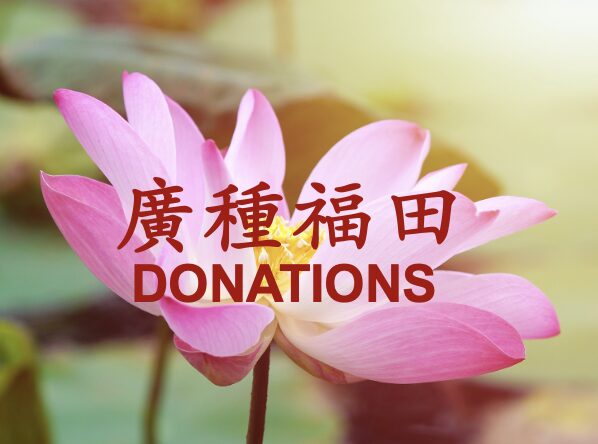Donation (General)
From RM1.00
In Buddhist context, “Dana” (pronounced dah-nah) refers to the practice of giving or generosity. It’s considered one of the fundamental virtues in Buddhism and is often emphasized as a way to cultivate kindness, compassion, and selflessness.
Dana encompasses giving not only material possessions but also time, effort, kindness, and even spiritual teachings. It’s seen as a means to overcome greed, attachment, and selfishness, fostering a sense of interconnectedness and generosity.
In Buddhist traditions, Dana is often practiced in various forms, including giving alms to monks and nuns, supporting monasteries or temples, donating to charitable causes, and offering one’s skills and knowledge for the benefit of others without expecting anything in return.
The practice of Dana is deeply ingrained in Buddhist teachings and is considered essential for spiritual development and the cultivation of wholesome qualities such as generosity, gratitude, and compassion.
佛教的「Dana」是指施舍或慷慨的实践。它被视为佛教中的基本美德之一,通常被强调为培养善良、慈悲和无私心的方式之一。
Dana 不仅包括物质财富的奉献,还包括时间、精力、善意,甚至是精神上的教诲。它被视为一种克服贪婪、执著和自私的方式,培养人们之间的相互联系和慷慨心情。
在佛教传统中,Dana 以各种形式实践,包括给僧侣施舍、支持寺庙或佛堂、捐助慈善事业,以及为他人提供技能和知识,而不期望得到任何回报。
Dana 的实践根深蒂固于佛教教义中,并被视为精神发展和培养善良品质的重要方式,如慷慨、感恩和慈悲。





